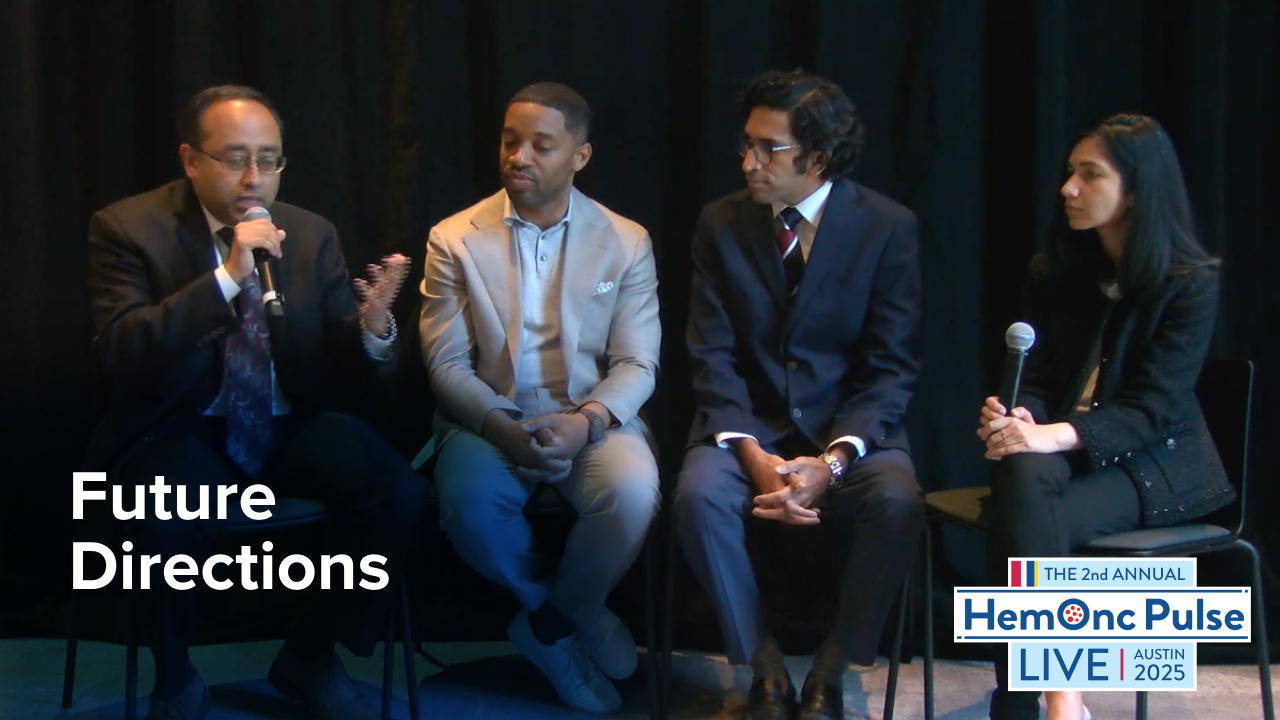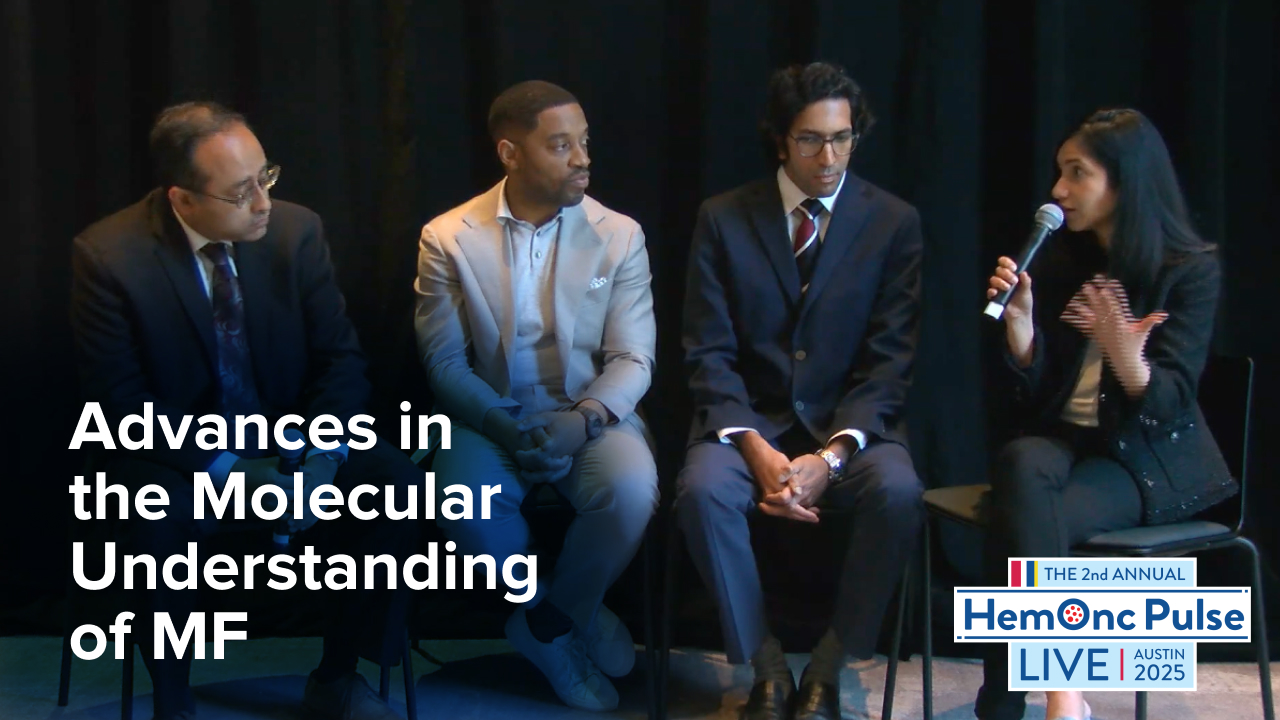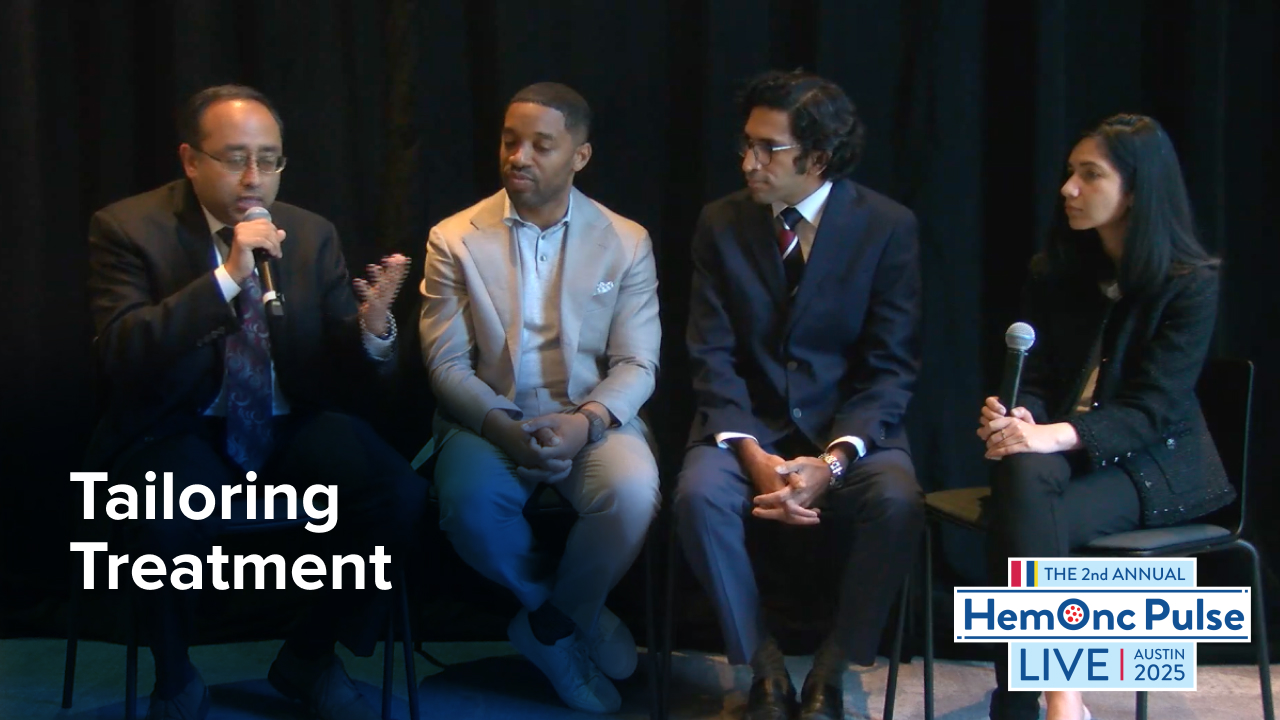
Jaktinib may be a new effective treatment option for patients with myelofibrosis (MF) who have relapsed or refractory disease after treatment with ruxolitinib. New research presented at the 2023 American Society of Clinical Oncology (ASCO) Annual Meeting shows that a sample of these patients had substantial spleen response and lower symptom burden with jaktinib.
“Currently, ruxolitinib is the only marketed Janus kinase inhibitor (JAKi) for patients with MF in China, which demonstrated symptomatic and splenic benefit with increased cytopenias,” wrote the authors, led by Jie Jin of the Department of Hematology, at the First Affiliated Hospital, Zhejiang University School of Medicine, in Hangzhou, China. “At least 50% of patients develop resistance or intolerance to ruxolitinib in the long-term follow-up, for whom life expectancy is largely reduced.”
Because there are limited options after ruxolitinib failure, the researchers examined jaktinib, an oral novel JAKi, in MF patients who developed refractory or relapsed disease despite prior ruxolitinib therapy. The study enrolled 34 patients who had received ruxolitinib for at least three months (median duration of previous ruxolitinib treatment was 18.6 months) but who had inadequate response, defined as less than 10% spleen volume reduction (SVR) according to imaging or less than 30 percent by clinical exam.
The participants received jaktinib 100 mg twice a day for a median 231 days (range, 96–371). Analysis occurred at week 24. Eleven patients (32.4%) had SVR of 35% or better by week 24, and the median time to achieve that milestone was 8.1 weeks. Total symptoms score also improved by week 24, with 13 patients (46.4%) having a 50% or higher improvement from baseline. At the start, 16 patients were transfusion-dependent, and eight of them achieved at least a 20 g/L hemoglobin increase by week 24. In addition, two of the six patients who required red blood cell (RBC) transfusions at baseline had a 50% decrease in RBC infusions by week 24.
Most patients experienced a grade 3 or higher adverse event attributable to treatment (n = 23, 67.6%), namely anemia (n = 11, 32.4%), thrombocytopenia (n = 11, 32.4%), leukocytosis (n = 7, 20.6%), and leukopenia (n = 4, 11.8%). Two patients discontinued treatment due to adverse events, and nine patients required dose reduction or interruption.
Reference
Jin J, Zhang Y, Zhang Q, et al. Jaktinib in patients (pts) with myelofibrosis (MF) who were refractory to or relapsed after ruxolitinib: A single-arm, open-label, multicenter, phase 2 study. Abstract #7062. Presented at the 2023 American Society of Clinical Oncology Annual Meeting; June 2-6, 2023; Chicago, Illinois.






 © 2025 Mashup Media, LLC, a Formedics Property. All Rights Reserved.
© 2025 Mashup Media, LLC, a Formedics Property. All Rights Reserved.